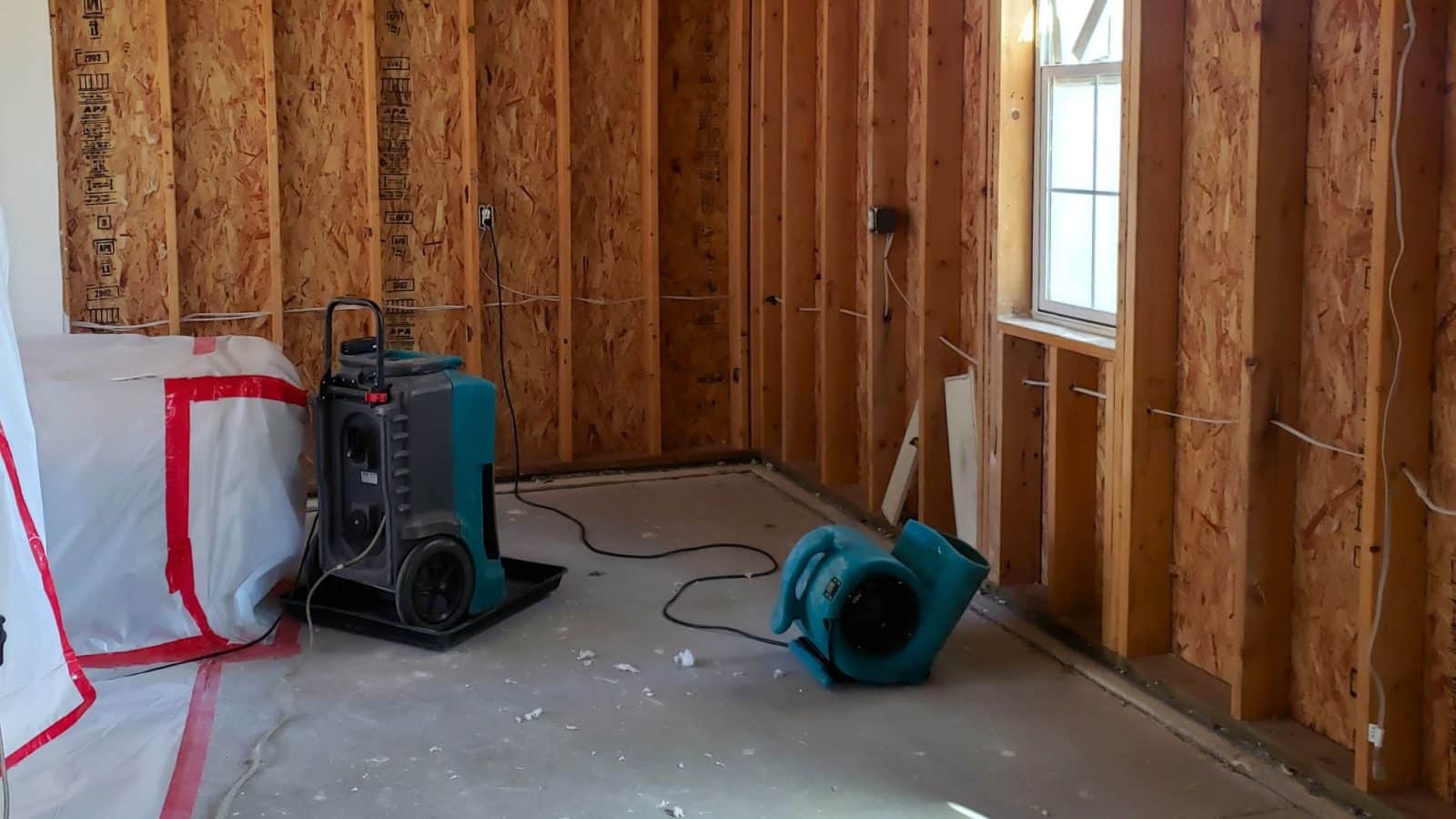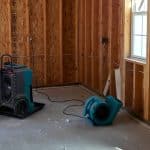Water damage is a common issue that can affect any homeowner. Leaks, floods, and unexpected plumbing failures can damage property. Keeping water mitigation equipment at home can prevent further harm and make your living space safer. This post will explore who should keep water mitigation equipment in their home. This information is vital for anyone keen on proactive home protection.
Homeowners in Flood-Prone Areas
People who live in regions prone to flooding have a high risk of experiencing water damage. Seasonal rain can cause rivers to overflow, leading to unwanted water entering homes. It makes sense for these homeowners to have water mitigation tools readily available. Equipment such as sump pumps, wet/dry vacuums, and dehumidifiers can reduce damage and protect properties from severe losses. Being prepared can provide homeowners with peace of mind and potentially save them thousands on repair costs.
Residents With Aging Plumbing Systems
Older homes often have outdated or weakened plumbing systems. Over time, pipes can become corroded or damaged, leading to leaks or bursts. For residents with aging plumbing infrastructures, installing or implementing the use of water mitigation equipment is crucial. Quick access to tools like pipe repair kits and water sensors can help detect problems early. This proactive approach minimizes damage and maintains the value of the property. It also ensures a safe and dry environment for the household.
Landlords and Property Managers
People who own or manage multiple properties have a responsibility to maintain them. Water damage can result in costly repairs and unhappy tenants. Landlords and property managers should keep water mitigation equipment in all their properties. These tools make it possible to quickly respond to water-related issues, ensuring tenant satisfaction. They also help protect investments and preserve the integrity of rental properties. This level of preparedness demonstrates a commitment to property care and tenant welfare.
Families With Finished Basements
Finished basements are valuable for extra living space but are also susceptible to water damage. Employing the use of water mitigation equipment is essential for families with such home additions. Sump pumps and water alarms can prevent flooding and protect belongings. Taking preventive measures ensures that these lower-level spaces remain comfortable and usable. They also prevent potential mold growth, which can lead to health problems. Equipping your home with the appropriate water mitigation equipment reduces the risk of sustaining water damage and enhances the home environment.
Conclusion
Determining who should keep water mitigation equipment in their home is vital for preventing costly damage. Whether you live in a flood-prone area, manage older properties, or have a finished basement, having the right tools on hand can protect your home and investment. Consider evaluating your personal situation and investing in the necessary equipment to ensure your safety and peace of mind.
Recommended readings: Common Home Problems You Cannot Afford To Ignore













